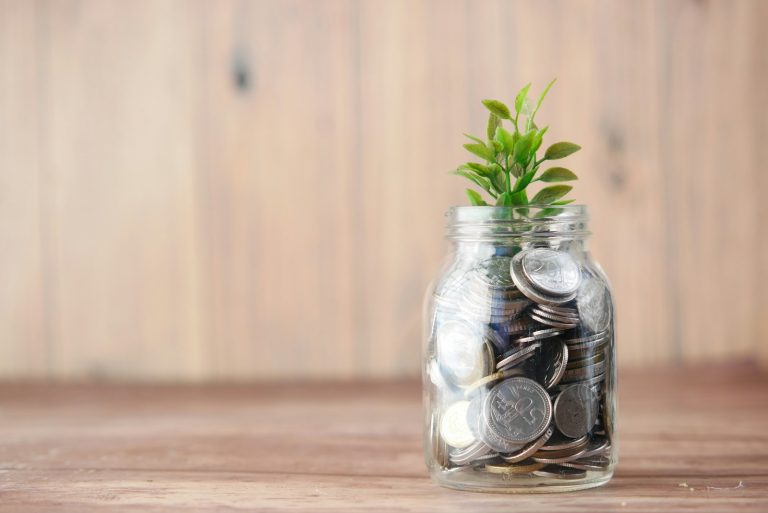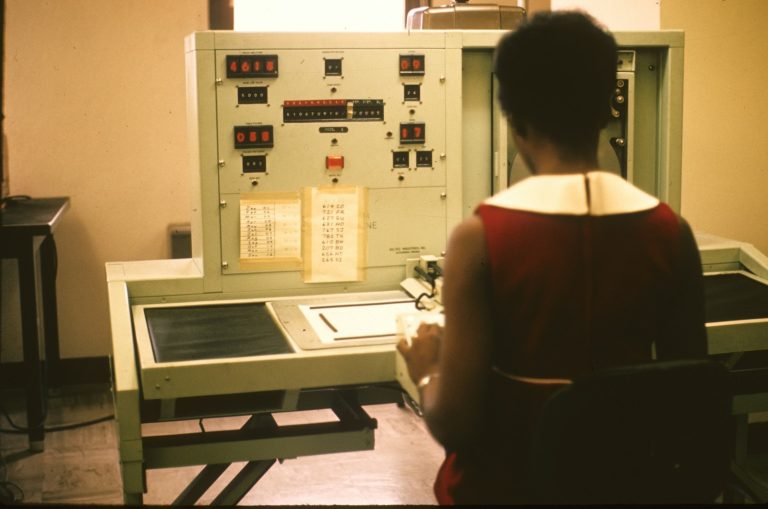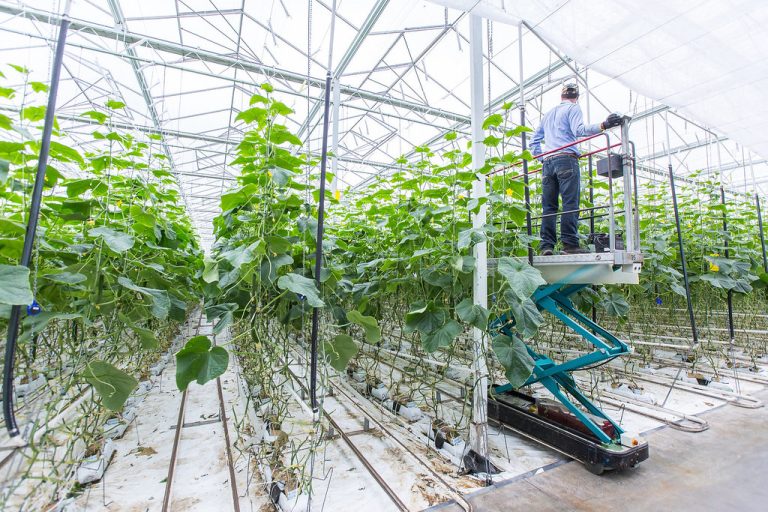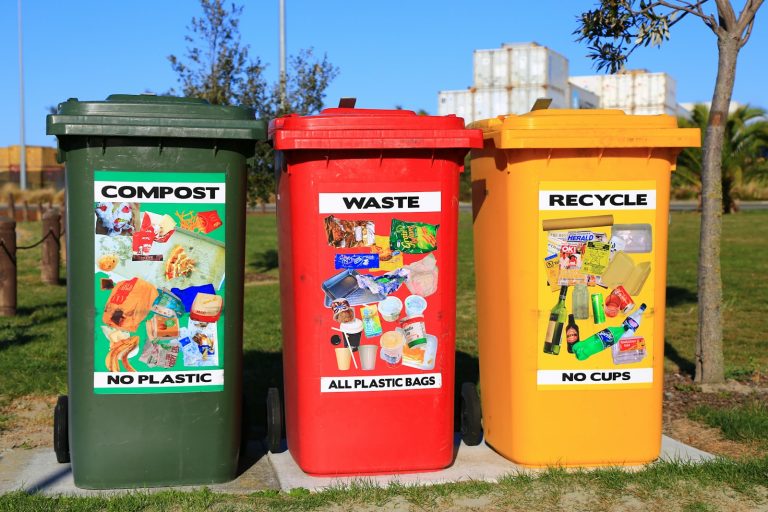These 7 Ideas Could Be The Future of Sustainability
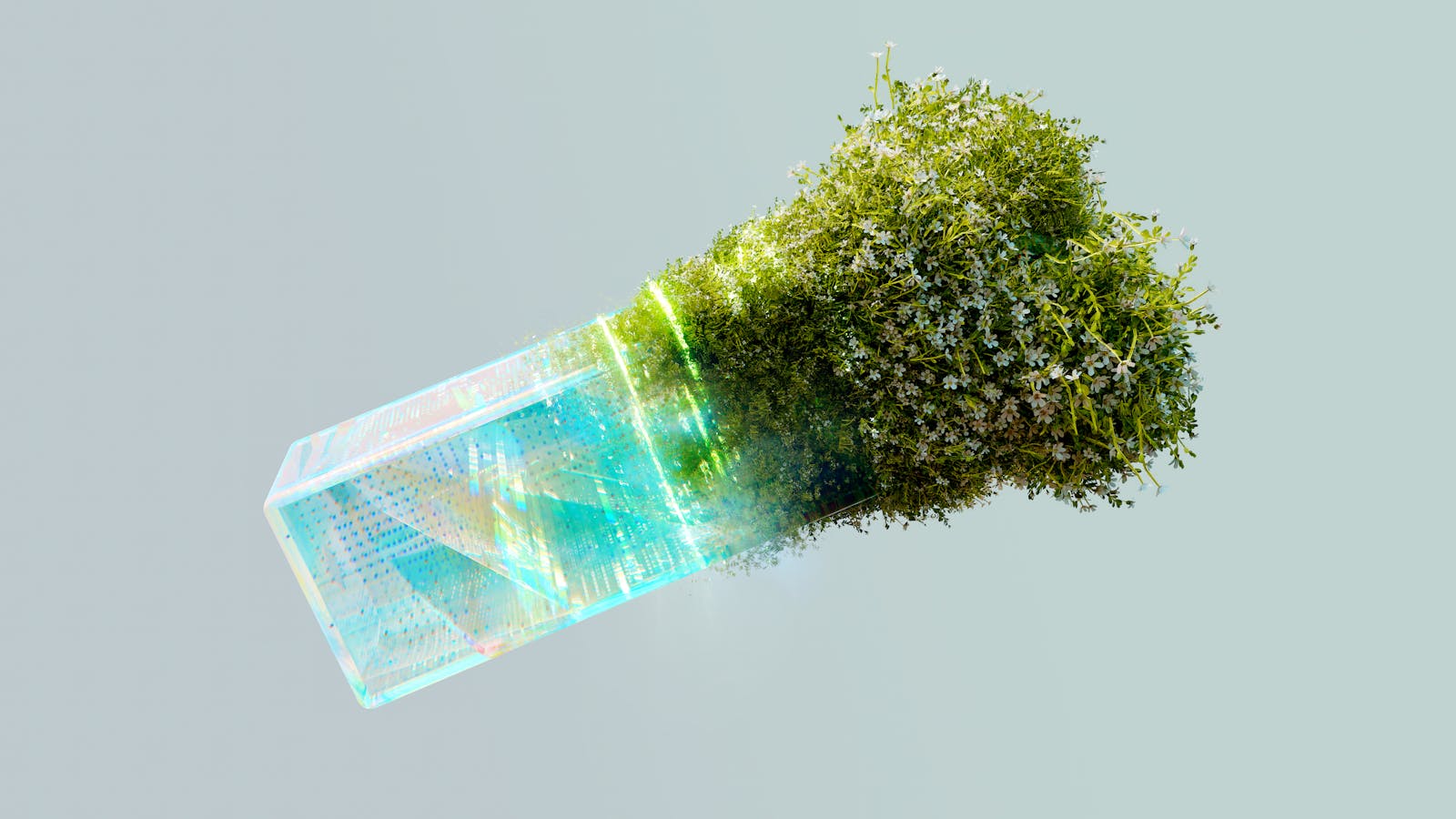
Sustainability is not just a buzzword today; it’s a force transforming industries like energy, agriculture, and technology. Here’s a look at some current innovations:
Renewable Energy: Solar and wind power have reached new heights in efficiency and affordability. Offshore wind farms are making strides, while solar panels continue to deliver more power at a lower cost.
Electric Vehicles (EVs): EV adoption is accelerating, thanks to improved battery technology and expanded charging infrastructure, offering a viable alternative to fossil-fuel cars.
Circular Economy: Many companies are implementing zero-waste strategies, turning waste into valuable materials, and reducing the need for single-use plastics.
Smart Cities: Urban areas use advanced technology to reduce waste, enhance energy efficiency, and streamline public transportation, setting new standards for modern living.
These advancements reveal the potential for a sustainable future, but they merely scratch the surface of what’s possible.
Emerging Trends in Sustainability
As we look to the future, innovative ideas are emerging that will redefine sustainability:
1. Carbon Capture and Utilization (CCU): Carbon capture involves trapping CO2 emissions from industrial processes and repurposing them into valuable products. This technology could enable factories to eliminate harmful emissions entirely, as captured CO2 is converted into fuels, building materials, and fertilizers.
2. Vertical and Indoor Farming: This approach involves growing crops in stacked layers or controlled environments. Urban landscapes could be transformed by vertical farms and indoor agriculture, allowing cities to become self-sufficient in food production year-round, independent of seasons or weather.
3. Ocean-based Carbon Sequestration: This involves leveraging natural processes in the ocean to store carbon. Artificial kelp forests and algae farms could absorb vast amounts of CO2, providing biofuels and helping to lower atmospheric carbon levels.
4. Hydrogen Economy: Hydrogen could be the clean energy source of the future, replacing fossil fuels. A hydrogen-powered economy would produce zero emissions and rely on a sustainable supply chain, transforming the transportation and industrial sectors.
5. AI and Machine Learning in Sustainability: AI optimizes resource usage and minimizes waste in various industries. Machine learning algorithms could guide agriculture, energy, and manufacturing decisions to reduce environmental impact at every stage.
6. Advanced Recycling Technologies: New technologies make it possible to break down and reuse a wider range of materials. Plastics, textiles, and other materials could be endlessly recycled, minimizing the need for new raw materials, and reducing waste.
7. Green Hydrogen and Fuel Cells: Hydrogen produced from renewable energy powers fuel cells that can replace fossil fuels. Green hydrogen could provide a clean, renewable source of energy for transportation and industry, with minimal environmental impact.
These forward-thinking ideas demonstrate that sustainability can become a way of life, not just a goal. By embracing these innovations, we can confront environmental challenges, reduce our carbon footprint, and pave the way for a sustainable future for generations to come.



